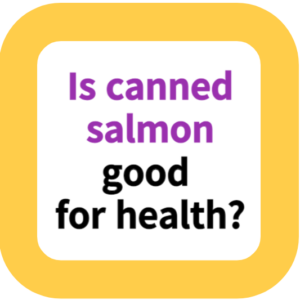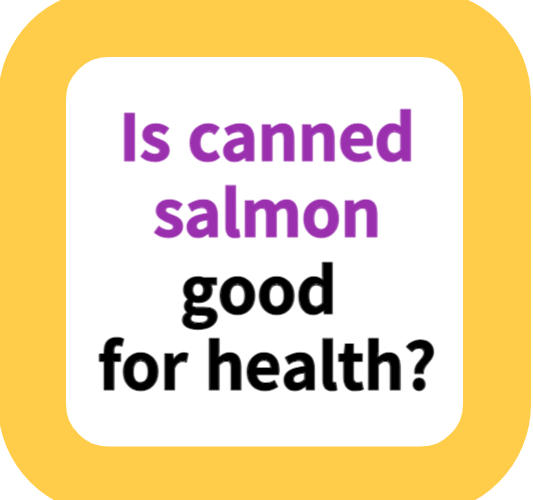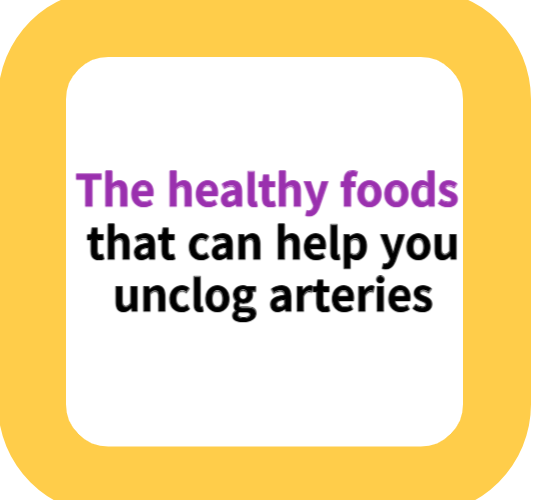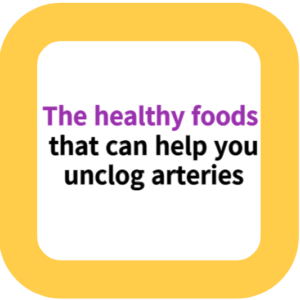Is canned salmon good for health?
Welcome to our blog, where we embark on a journey to uncover the nutritional wonders of canned salmon. Canned salmon, a pantry essential cherished for its convenience, finds itself under the spotlight as we explore its potential as a healthy dietary choice.
We’ll delve into the numerous advantages of incorporating salmon into your diet, address any concerns related to canned varieties, and equip you with the knowledge to make informed choices when selecting this versatile seafood.
Join us in discovering the nutritional riches that canned salmon has to offer, and how it can elevate your culinary and dietary experiences.
Is canned salmon good for health?

Introduction: The Nutritional Value of Canned Salmon
Canned salmon has become a staple in pantries worldwide, celebrated for its convenience and affordability. This article offers an in-depth exploration of the nutritional aspects of canned salmon, aiming to shed light on whether it stands as a healthy dietary choice.
We will delve into the myriad benefits of consuming salmon, address potential concerns associated with canned varieties, and provide guidance on making informed decisions when selecting this versatile seafood.
Benefits of Eating Salmon
Salmon’s Nutrient-Rich Profile: Salmon, a fatty fish, boasts a nutrient-rich profile that can significantly contribute to overall health. It serves as an excellent source of vitamin D, a crucial player in bone health and immune system support. Moreover, salmon is rich in omega-3 fatty acids, renowned for their potent anti-inflammatory properties and their role in reducing the risk of heart disease.
Protein Content: Beyond its omega-3 fatty acids and vitamin D, salmon offers a substantial protein content, pivotal for muscle growth and tissue repair. In addition to these key nutrients, salmon provides a diverse array of vitamins and minerals, including vitamin B12, potassium, and selenium.
Preservation of Nutritional Value: One compelling aspect of canned salmon is its ability to retain the majority of its nutritional value during the canning process. This feature renders canned salmon a healthy and convenient choice, especially for those who may have limited access to fresh salmon.

Potential Risks of Eating Canned Salmon
High Sodium Content: It’s important to note that canned salmon can be relatively high in sodium. Sodium is added during the canning process to preserve the fish. Excessive sodium intake can lead to elevated blood pressure and an increased risk of heart disease.
Mercury Content: While canned salmon typically contains low levels of mercury, it’s imperative to choose reputable brands that rigorously test their products for mercury and other potential contaminants. This precaution is particularly significant when opting for wild-caught salmon varieties.
Environmental Concerns: Environmental considerations also come into play when discussing canned salmon consumption. Concerns surrounding overfishing and habitat degradation have led to a decline in wild salmon populations.
By selecting sustainably sourced canned salmon products, certified by organizations like the Marine Stewardship Council, individuals can contribute to responsible fishing practices and environmental conservation.
How to Choose Healthy Canned Salmon
Selecting the Right Brand: Making a well-informed choice begins with selecting reputable brands that prioritize wild-caught salmon and conduct thorough testing for contaminants like mercury. Opt for brands that minimize the use of added ingredients, such as salt and water.
Reducing Sodium: To mitigate concerns about high sodium content, consider rinsing canned salmon with water before consumption. This simple step effectively reduces the levels of added sodium, enhancing the overall healthfulness of the product.
Sustainability Matters: For those who wish to minimize their environmental footprint, choosing sustainably sourced canned salmon is paramount. These products adhere to responsible fishing practices, contributing to the conservation of marine ecosystems.
Conclusion: Canned Salmon – A Healthy and Versatile Choice
In conclusion, canned salmon stands as a convenient and nutritious source of essential nutrients, provided that consumers make informed choices. By selecting high-quality products, favoring wild-caught varieties, and being mindful of sodium content, individuals can fully embrace the myriad benefits of this nutrient-rich fish while minimizing potential health risks.
Whether opting for canned or fresh salmon, the key lies in aligning dietary preferences, nutritional needs, and ethical considerations. The versatility and health benefits of canned salmon make it a valuable addition to any diet, offering both culinary possibilities and nutritional advantages.


